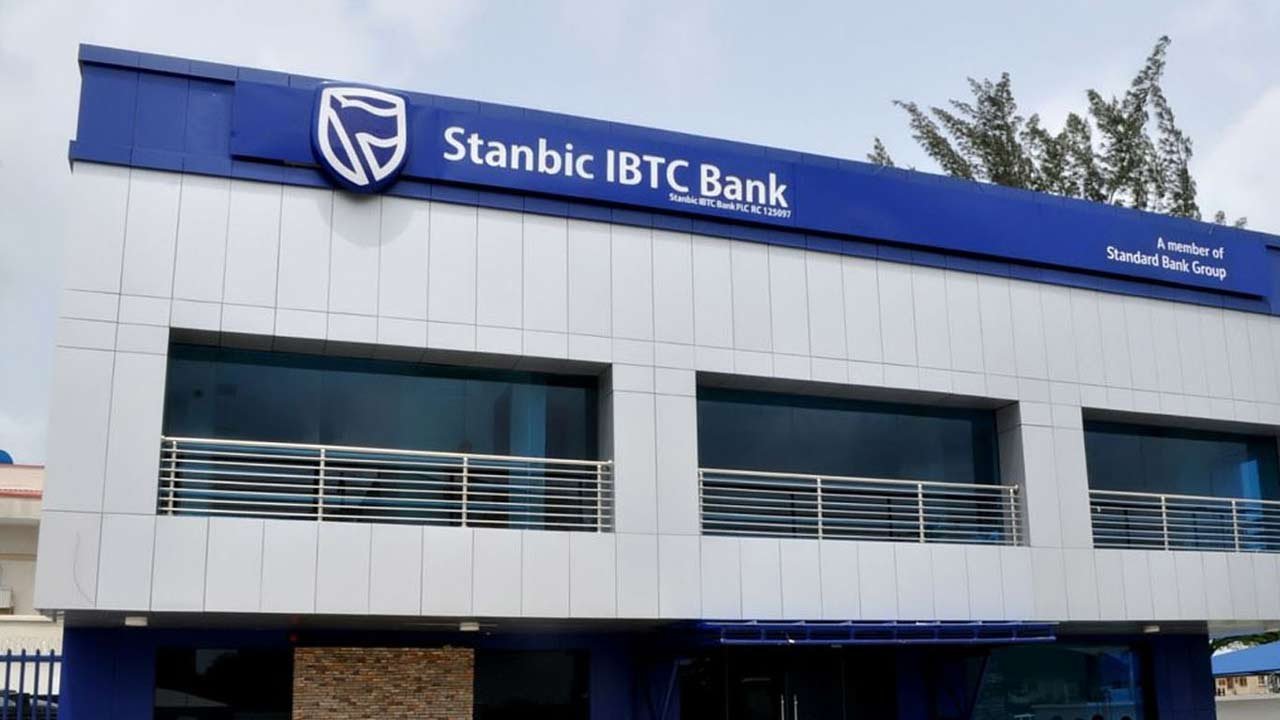According to the International Monetary Fund (IMF), Nigeria’s foreign reserves are predicted to shrink significantly, reaching $24 billion by 2024.
This forecast was highlighted in the IMF’s most recent country report for Nigeria, indicating possible issues for Africa’s largest economy.
In this post, I’m going to analyze Nigeria’s projected decline in foreign reserves to $24 billion by 2024, as forecasted by the IMF.
Factors Influencing Decline
According to the Central Bank of Nigeria (CBN), the country’s foreign reserves were $33.12 billion as of February 8, 2024, implying that a significant decline is on the horizon.
The IMF reported that while the current account surplus increased in the first half of 2023, reserves decreased significantly.
This decline has been attributed to a drop in hydrocarbon exports, owing mostly to rampant theft and a lack of investment in critical upstream infrastructure.
Additionally, profit repatriation from the oil sector has decreased, partially mitigating the negative effects on the current account.
Challenges with the Financial Account
The IMF forecasts a difficult period for Nigeria’s financial account in 2024-25, aggravated by a lack of fresh Eurobond issuances, hefty repayments of current funds and Eurobonds totaling $3.5 billion, and ongoing portfolio outflows.
Despite the projected current account surplus, officially declared reserves are predicted to fall to $24 billion in 2024, with a potential rebound to $38 billion by 2028 as portfolio inflows resume.
GIR Metrics & Reserves
According to the IMF, the CBN reported that the 30-day average of gross international reserves (GIR) had fallen to $33 billion by October 2023, a nearly $4 billion reduction from the end of 2022.
However, using the IMF’s definition of GIR, which deems $8 billion in securities as pledged collateral and not immediately accessible, the GIR drops to $25 billion at the end of October 2023.
The IMF also noted that Nigerian authorities have failed to provide adequate information on short-term foreign exchange liabilities, which is critical for accurately estimating net international reserves.
The IMF also emphasized the importance of Nigerian authorities’ ability to efficiently manage the country’s foreign financial obligations.
Challenges to Attracting Foreign Investment
Nigeria is now experiencing substantial issues with foreign exchange illiquidity, limiting the country’s capacity to clear its FX backlog and devaluing the Nigerian naira.
This forex scarcity has posed a significant challenge in satisfying the country’s foreign exchange obligations, contributing to diminishing confidence among international investors.
The effort to attract foreign investment has intensified, with Nigeria experiencing a significant reduction in foreign capital inflows.
According to recent data, the country attracted only $654.65 million in foreign capital during the third quarter of 2023.
Notably, international Direct Investment (FDI) accounted for only 0.091% of total capital imports throughout this time, underlining the limitations of attracting significant international investment.
CBN Attempts to Address Challenges
In response to these issues, the Central Bank of Nigeria (CBN) has taken steps to alleviate the backlog of foreign exchange forwards, which currently totals $2.2 billion.
a positive development, CBN Governor Yemi Cardoso recently declared that the foreign exchange market has received an inflow of more than $1 billion in liquidity, citing recent reforms implemented by the national bank.
This increase in FX market liquidity represents a significant shift and a positive indicator of progressive improvement in the forex landscape, as foreign portfolio investors exhibit interest in the country.
In Summary
Nigeria’s foreign reserves are expected to drop significantly, hitting $24 billion by 2024, according to IMF predictions.
This drop is influenced by many factors, including declining hydrocarbon exports, return of profits issues, and a lack of large foreign investment inflows.
Yet, the Central Bank of Nigeria’s efforts to address currency liquidity concerns and encourage foreign investment suggest that the country’s economic situation has the potential to improve.
Effective management of external financial obligations, as well as ongoing reforms, will be important in stabilizing Nigeria’s foreign reserves and stimulating economic growth in the coming years.






